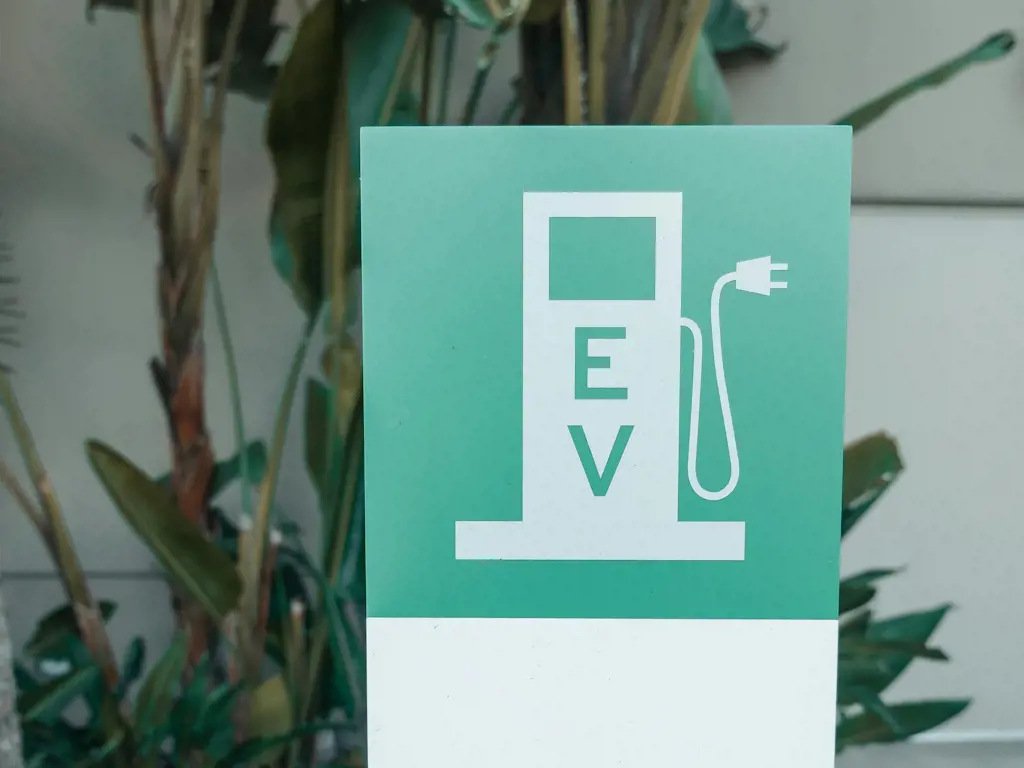
Shifting Gears
In a notable shift within the technology and automotive landscape, Apple has officially decided to terminate its electric vehicle (EV) initiative, Project Titan, marking a significant pivot from its ambitious foray into autonomous electric vehicles. This decision comes a decade after speculation around Apple's potential collaboration with Tesla and subsequent rumours of a partnership with Hyundai, neither of which came to fruition, underscoring the complexities and challenges of entering the automotive sector.
The cessation of Project Titan, after considerable investment and effort, redirects attention to the broader implications for venture capital (VC) investment in the EV and automotive technology spaces. This development occurs amid growing concerns over the EV market's viability, influenced by factors such as range anxiety, high costs associated with purchase and insurance, and the potential influx of competitively priced Chinese EVs threatening established automotive manufacturers.
Apple's strategic decision also reflects on the current state of the EV market and the pursuit of fully autonomous vehicles. Despite the technological strides made, the goal of integrating fully self-driving cars into the existing vehicular ecosystem remains a distant reality, fraught with challenges including safety and regulatory approvals.
For venture capitalists, Apple's withdrawal signifies a recalibration of investment strategies within the EV sector. It highlights the need for a nuanced understanding of market dynamics, including consumer behaviour, regulatory landscapes, and competitive pressures. Startups in the EV and automotive tech arenas now face a dual challenge: navigating an increasingly complex market while seizing the opportunities left in the wake of Apple's exit.
Moreover, this development invites a reevaluation of the potential for innovation and disruption within the automotive industry. For VCs, the focus may shift towards startups that demonstrate clear differentiation, whether through advanced battery technologies, novel EV charging solutions, or software that enhances autonomous driving capabilities. The ability of these companies to adapt and innovate will likely become a critical criterion for investment.
In essence, Apple's discontinuation of the iCar project serves as both a cautionary tale and a catalyst for the EV and automotive technology sectors. It underscores the challenges of entering and innovating within this space while opening up new avenues for startups to drive forward the next generation of automotive technology. For venture capitalists, the evolving landscape underscores the importance of strategic investment decisions, underpinned by a deep understanding of the sector's complexities and future potential.
As the automotive industry continues to evolve, the journey toward electrification and autonomy remains fraught with challenges but also ripe with opportunities for those who can navigate the shifting terrain. Venture capital investment will undoubtedly play a pivotal role in shaping the future of transportation, with a keen eye on the startups that promise to redefine mobility in the years to come.
Have a great week.
